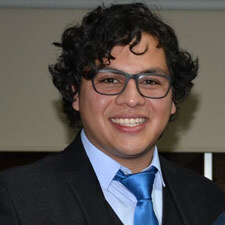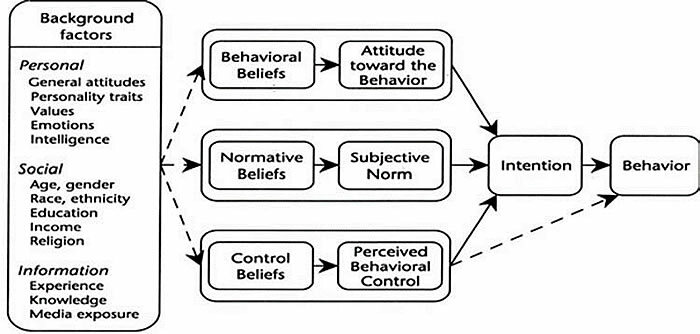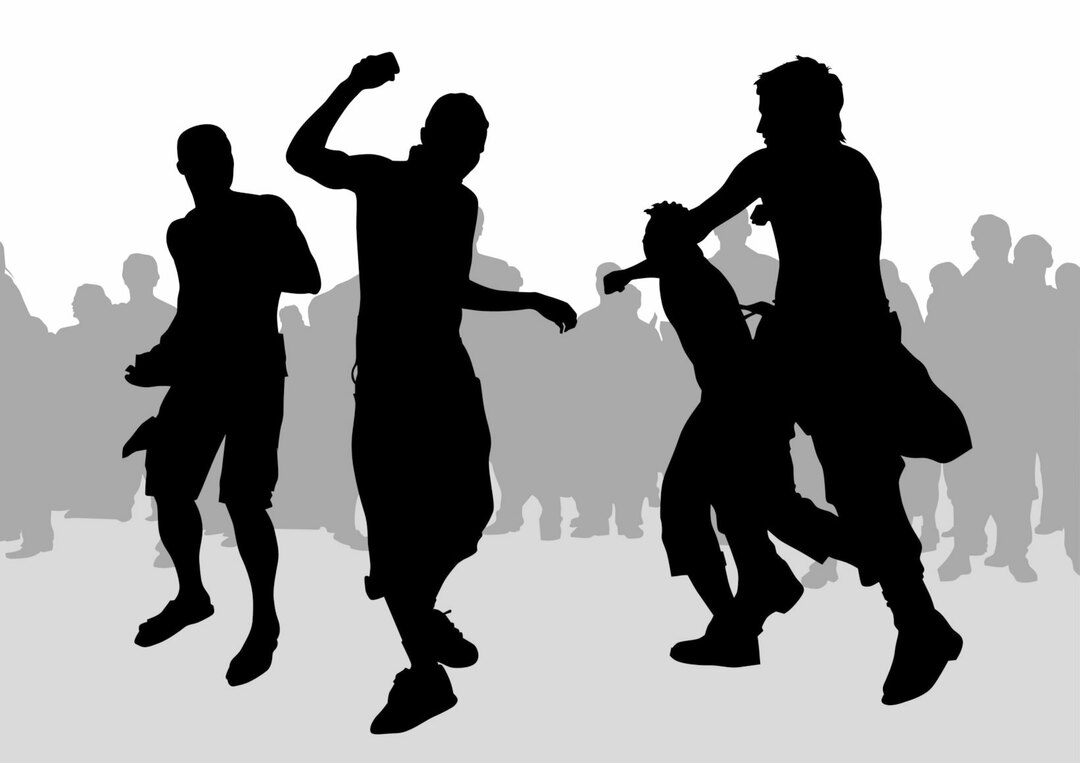What is the Theory of Planned Behavior?
Society. Culture. Science. Start » Study " / / September 22, 2023

Doctor in Psychology
The theory of planned behavior is a reformulation of the theory of reasoned action proposed by Fishbein and Ajzen that aims to explain behaviors through the influence of a series of internal and individual processes such as behavioral intention, attitudes, social norm and behavioral control perceived.
One of the great interests of psychologists is being able to predict behavior effectively, usually to develop strategies that reduce the presence of these behaviors or, on the contrary, reinforce them. What makes people smoke? What makes people adhere to treatments to combat chronic diseases? What makes people use contraception? What makes people discriminate against other people? Knowing the reasons for these behaviors could help us reduce the prevalence of cancer or pulmonary emphysema, or mortality from complications associated with diabetes, or unwanted pregnancies or better yet, reducing attacks directed towards minorities.
To predict behaviors, models and theoretical proposals have been developed such as behaviorism or psychoanalysis, however, there are also other ones. proposals arising from Social Psychology, and which are commonly known as “behavioral change models”, among which the Theory of Behavior stands out. Planned.
The Planned Behavior Theory, or in Spanish, the Theory of Planned Behavior developed by social psychologists Martin Fishbein and Icek Ajzen is a reformulation of their previous model known as the Theory of Action reasoned; Therefore, before delving into TCP, we must address ART.
Theory of Reasoned Action
Developed by Fishbein and Ajzen in the 1960s, this model proposes that humans process information from systematically to behave rationally and thus make decisions about what behavior is the most appropriate. The model proposes that through the integration of attitudinal and behavioral elements the individual achieves such rationality.
To explain behavior, the model uses the following elements:
• Behavioral intention: as its name indicates, it refers to the individual's intention to carry out a behavior; Fishbein and Ajzen consider that many behaviors are voluntary. For example, a person intends to use a condom during the next sexual intercourse.
Behavioral intention, in turn, is influenced by two more elements:
• Attitudes: in simple terms, attitudes are the evaluations that an individual makes about a phenomenon. For example, if a person considers that using a condom during sex is positive because it reduces chance of contracting an STD or having an unwanted pregnancy, you will be more likely to use this method contraceptive.
• Subjective Norm: defined as everything that is socially desired or unwanted. For example, if society views using a condom during sex as a positive thing, people will be more likely to use it.
Theory of planned behavior
Although the theory of reasoned action was supported by several works, Fishbein and Ajzen soon realized that something was missing from their model. That is to say, it is possible for society to say that using a condom is good and for me to believe it that way, and therefore have a very high intention to use it, but what happens if I don't have a condom on hand during my next sexual relationship? o What happens if I was never taught how to place it correctly?; Probably, even if I want to use it, I won't be able to do it.
Thus, the theory of planned behavior includes a new element that can be considered by some theorists as the Locus of Control, however, for Fishbein and Ajzen this new element is known as perceived behavioral control, and refers to the presence of elements that could hinder, or facilitate, the execution of a conduct. In the condom example, a person who does not know how to put on a condom will have low behavioral control. In other words, the behavior is is predicted by behavioral intention, which in turn is influenced by attitudes, subjective norm and behavioral control perceived. These relationships can be seen graphically in the following figure.

Source: Potwarka (2015)
In addition to the elements previously described, we can also find a new element, the beliefs associated with them and which are described below:
• Normative beliefs: refers to the perception that the individual has about what society considers appropriate or inappropriate.
• Behavioral beliefs: representations that the individual has about the consequences of a behavior.
• Beliefs about control: the subject's perception of the elements that can facilitate or complicate a behavior.
That is, the individual's beliefs play a fundamental role in behavior since they are the prelude to attitudes, norms and behavioral control.
References
Ajzen, I., & Albarracín, D. (2007). Predicting and changing behavior: A reasoned action approach. In I. Ajzen, D. Albarracín, & R. Hornik (Eds.), Prediction and change of health behavior: Applying the reasoned action approach (pp. 3–21). Lawrence Erlbaum Associates Publishers.Potwarka, L. R. (2015). Exploring Physical Activity Intention as a Response to the Vancouver Olympics: an Application and Extension of the Theory of Planned Behavior. Event Management, 19(1), 73–92.



